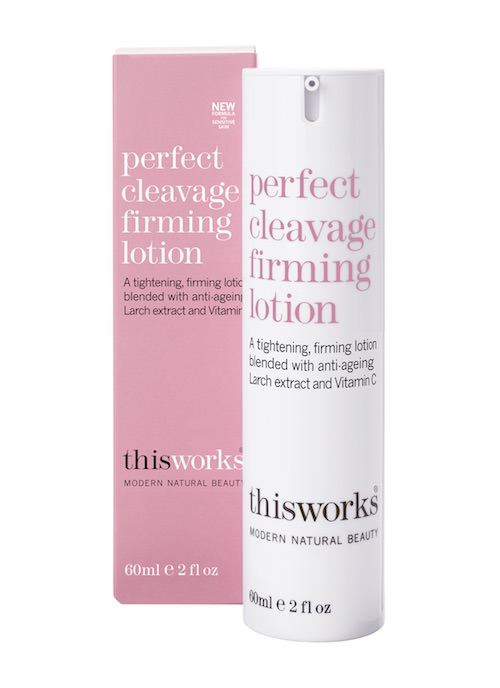Breast reduction guide
Breast reduction is a type of surgery which removes excess tissue, fat and skin from the breasts – making them smaller and lighter. During surgery, the breasts are also reshaped, uplifted and the nipples repositioned to suit the new shape and size of the breasts.
If you are considering undergoing breast reduction surgery, take a look below at our guide to breast reduction. It has been developed to tell you everything you need to know about preparing for surgery, the procedure itself and the results you can expect to achieve.
Reasons for having a breast reduction
There are a number of reasons why you may be considering undergoing breast reduction surgery. These include:
- Breast discomfort or pain.
- Backache.
- Neck pain.
- Pain in shoulder.
- Skin irritations: sweating, rashes or infections.
- Difficulty finding clothes to fit.
- Discomfort when exercising.
- Uncomfortable marks or weals on your shoulders from your bra straps.
Of course, the reason for wanting a breast reduction can also be purely cosmetic. You may feel that your breasts are unsightly and that you are very self-conscious of them and would be happier if they were smaller or more uplifted.
Preparing for surgery
If you are considering a breast reduction, your first point of call should be your GP. Breast reduction surgery is rarely available on the NHS as it tends to be done for cosmetic rather than medical reasons. However, your GP will be able to tell you whether your circumstances may warrant surgery on the NHS – and if not will be able to refer you to a private clinic. If you choose not to see your GP, be sure to choose a respected specialist plastic surgeon – and go with recommendations if at all possible.
Ask to see the surgeon who will be carrying out your surgery, from the initial consultation. You can expect to be asked questions about your breasts and what you hope to gain from having the surgery. The surgeon is also likely to want to examine you and will also talk to you about the size you want to be and the scars the surgery could leave. You will also be told more about the operation itself, including how the procedure will be carried out and the risks involved.
The procedure
There are a number of methods of carrying out breast reduction surgery – and your surgeon will discuss with you the best method for you and your body. Whichever method, you can expect the actual operation to take between 90 minutes and three hours, under general anaesthetic and you will have to stay in hospital for a night or two.
Following the operation you will probably experience some swelling and pain (you will be given painkillers). You will have had stitches, there will be dressings on your breasts and maybe ‘drains’ too. Ask your surgeon or nurse for advice on changing/removing dressings and stitches before you leave hospital. You will probably be advised to wear a non-wired post surgery bra (or perhaps a sports bra) to give plenty of support and extra comfort.
Of course, you will be required to take time off work and probably won’t be able to exercise or lift anything heavy for at least six weeks.
Scarring varies from person to person, and also depending on the method of surgery used to carry out your breast reduction. However, generally, you can expect your scars to be red and sore for the first few weeks following surgery, then changing to purple and eventually fading to thinner, white scars.
The results
Of course, the aim of undergoing a breast reduction operation is to get smaller, firmer and more uplifted breasts. It may take you some time to get used to your new figure and once you have healed, you are likely to feel more comfortable than before surgery.
You breasts are likely to remain around the same size unless you become pregnant or gain or lose a lot of weight.
Latest Cream Review
Browse Categories
Most popular
Dr. Organic Moroccan Argan Oil Breast Firming Cream Review
Dr. Ceuticals Bust Boost Review
UK beaches uncovered: The topless top five
Palmer’s Cocoa Butter Bust Cream Review
The politics of breasts: Know your rights
Strapless, backless or plunging – bra solutions for every dress dilemma
Nutrition and lifestyle for breast cancer prevention


